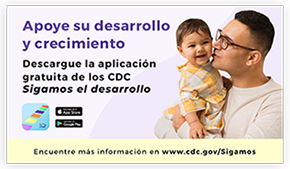

The Family Case Management (FCM) program serves pregnant women and infants. If you are pregnant, have a child under the age of one, on Medicaid, or part of a low-income family you may be eligible. The Family Case Management program can help with:
- Finding a doctor for your prenatal care to make sure you have a healthy baby.
- Understand the importance of prenatal care.
- Learning the signs & symptoms of zero-term labor.
- Finding a doctor for your children’s care.
- Understanding the stages of your child’s development.
- Understanding the importance of immunizations.
- Getting information on how to become a better parent
- Understanding the importance of regularly scheduled doctor visits.
- Assisting pregnant women in obtaining medical cards.
- Assisting pregnant women in obtaining and connecting with community resources.
- Ensuring families are aware of safe sleep practices.
FAMILY CASE MANAGEMENT (FCM) SERVES THE FOLLOWING MUNICIPALITIES: EAST ST. LOUIS, BROOKLYN, FAIRMOUNT CITY, WASHINGTON PARK, ALORTON, CENTREVILLE, CAHOKIA & PARTS OF CASEYVILLE.
Genetics Program
- All abnormal newborn screening reported by IDPH is followed up for repeat testing.
- All SIDS deaths reported by IDPH are followed.
- A genetic screening tool is used to assess indicators of genetic disease education and referrals on a case-by-case basis.
- Community education is provided Pregnancy and Maternal Health
- The Family Case Management program works with expecting and current mothers (caretakers) of children 13 months and younger. This program intends to provide comprehensive continuity of care to foster a trusting relationship between the case manager and mother/caretaker. This relationship will allow for mothers/caretakers and infants to obtain the best access to education, support, advocacy, and resources. Some of the resources and education provided to mothers through the family case management program are as follows: Folic Acid Education
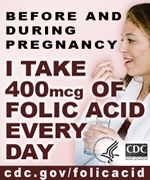
- Folic Acid and Pregnancy
https://www.marchofdimes.org/pregnancy/folic-acid.aspx - 1st, 2nd, 3rd Trimester Milestones; What to expect while pregnant?
https://www.cdc.gov/pregnancy/during.html Prenatal Growth of Baby 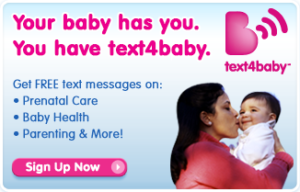
Reminders, Education & Support Through Text
https://www.text4baby.org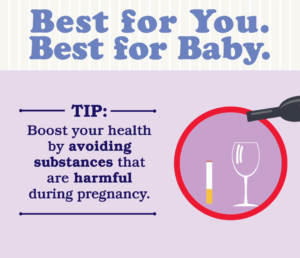
- Marijuana Use During & After Pregnancy
https://www.cdc.gov/marijuana/pdf/marijuana-pregnancy-508.pdf - Alcohol Use During Pregnancy, Fetal Alcohol Syndrome
https://www.cdc.gov/ncbddd/fasd/AlcoholUseDuringPregnancy.html - Safe Sex (STIs & Protection Methods)
https://www.plannedparenthood.org/learn/stds-hiv-safer-sex/safer-sex - Comprehensive Reproductive Health Education
https://www.reproductiveaccess.org/ Local & National Resources - Cardinal Glennon Safe Sleep Class & Car Seat Drive (register here!)
https://www.glennon.org/safetyprogram/ - Free Breastfeeding Help
https://www.nursingmothers.org/ - Local Head Start Centers
https://www.siue.edu/eslc/programs/head-start/centers.shtml - Local Child & Family Connections (Development)
https://www.childandfamilyconnections21and22.org/ - Local Violence Prevention Center (Domestic Violence Shelter)
https://www.vpcswi.org/ - IDHS – Family & Community Services (SNAP, TANF, Medical, Housing, Legal & Much More)
http://www.dhs.state.il.us/page.aspx?item=29734 - Locate local HIV Testing & Care
https://www.hiv.gov/hiv-basics/starting-hiv-care/find-a-provider/locate-a-hiv-care-provider
Infant Health (0-12 months)
The family case management program works with expecting and current mothers (caretakers) of children 13 months and younger to provide evidence-based education on infant needs, growth, safety, and access to care. By having a comprehensive continuity of care that builds a trusting relationship between the case manager and the mother/caretaker, the case manager will help develop the mother/caretaker to meet the family’s needs by connecting and providing resources of support, education, and advocacy. Some of the resources and education provided to mothers/caretakers through the family case management program are:
- Safe Sleep Education
Cardinal Glennon Safe Sleep Class & Car Seat Drive (register here!)
https://www.glennon.org/safetyprogram/ - How To Put Your Baby To Sleep
https://www2.illinois.gov/dcfs/safekids/safety/Documents/CFS_1050-79_ABCs_of_Safe_Sleep.pdf - Infant Safe Sleep & SIDS/SUID Education
https://safetosleep.nichd.nih.gov/safesleepbasics/about
- CDC Immunization Timeline Recommendations
https://www.cdc.gov/vaccines/parents/downloads/parent-ver-sch-0-6yrs.pdf
Milestone Education (per month)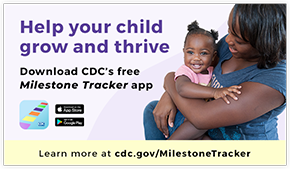
- Monthly Milestone Information
https://www.cdc.gov/ncbddd/actearly/milestones/index.html - Tummy Time is Important
https://safetosleep.nichd.nih.gov/safesleepbasics/tummytime - Well Visits are Necessary
https://brightfutures.aap.org/Bright%20Futures%20Documents/BF_Family_Tipsheet.pdf - PURPLE Crying
What is PURPLE Crying?
http://www.purplecrying.info/what-is-the-period-of-purple-crying.php - Shaken Baby Syndrome Education & Prevention
https://www.dontshake.org/purple-crying - Adverse Childhood Experiences (ACEs) Education
What are ACEs?
https://www.menominee-nsn.gov/CommunityPages/FosteringFutures/Documents/ACESHandoutForParents.pdf - Childhood Stress & Brain Development
https://www.cdc.gov/ncbddd/childdevelopment/early-brain-development.html
Bonding
- Diaper Time is Talk Time
https://nationaldiaperbanknetwork.org/wp-content/uploads/2019/10/Diaper-Time.pdf
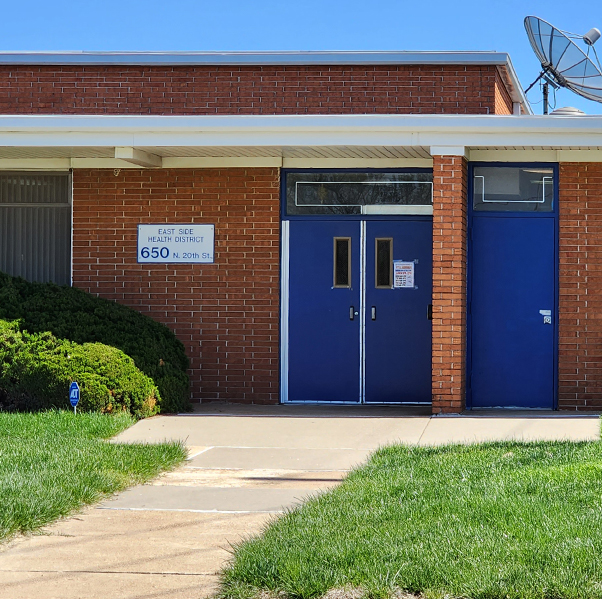
Main Address:
650 N 20th Street
East St. Louis, IL 62205
Directions
Phone:
618-271-8722
Hours:
Monday – Friday
8 am - 4 pm
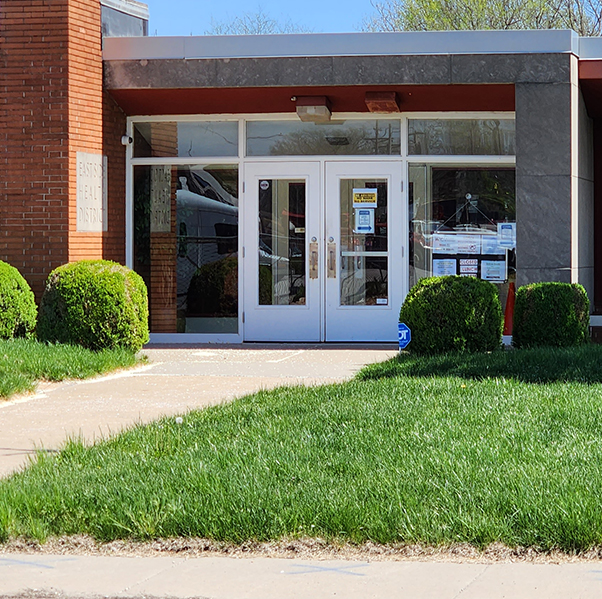
638 N 20th Street
East St. Louis, IL 62205
Directions
Phone:
618-874-4713
Hours:
Monday – Friday
8 am - 4:00 pm
Copyright © 2024 – East Side Health District – All Rights Reserved
